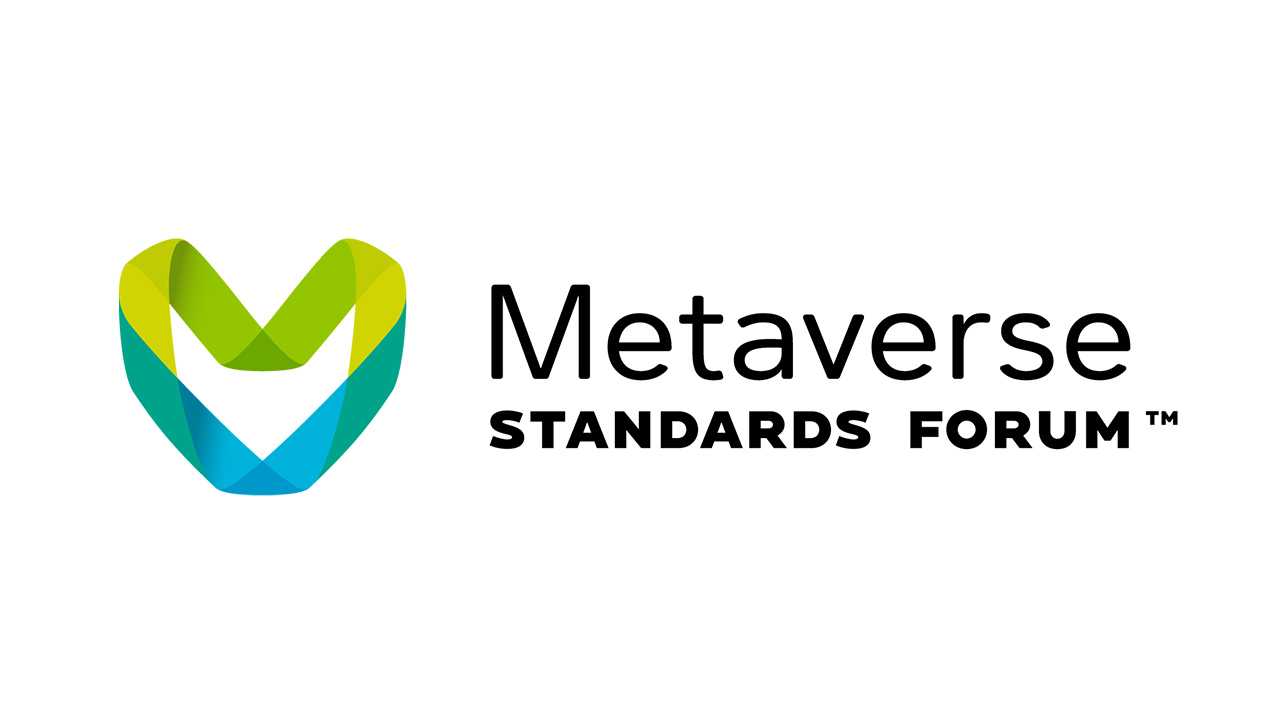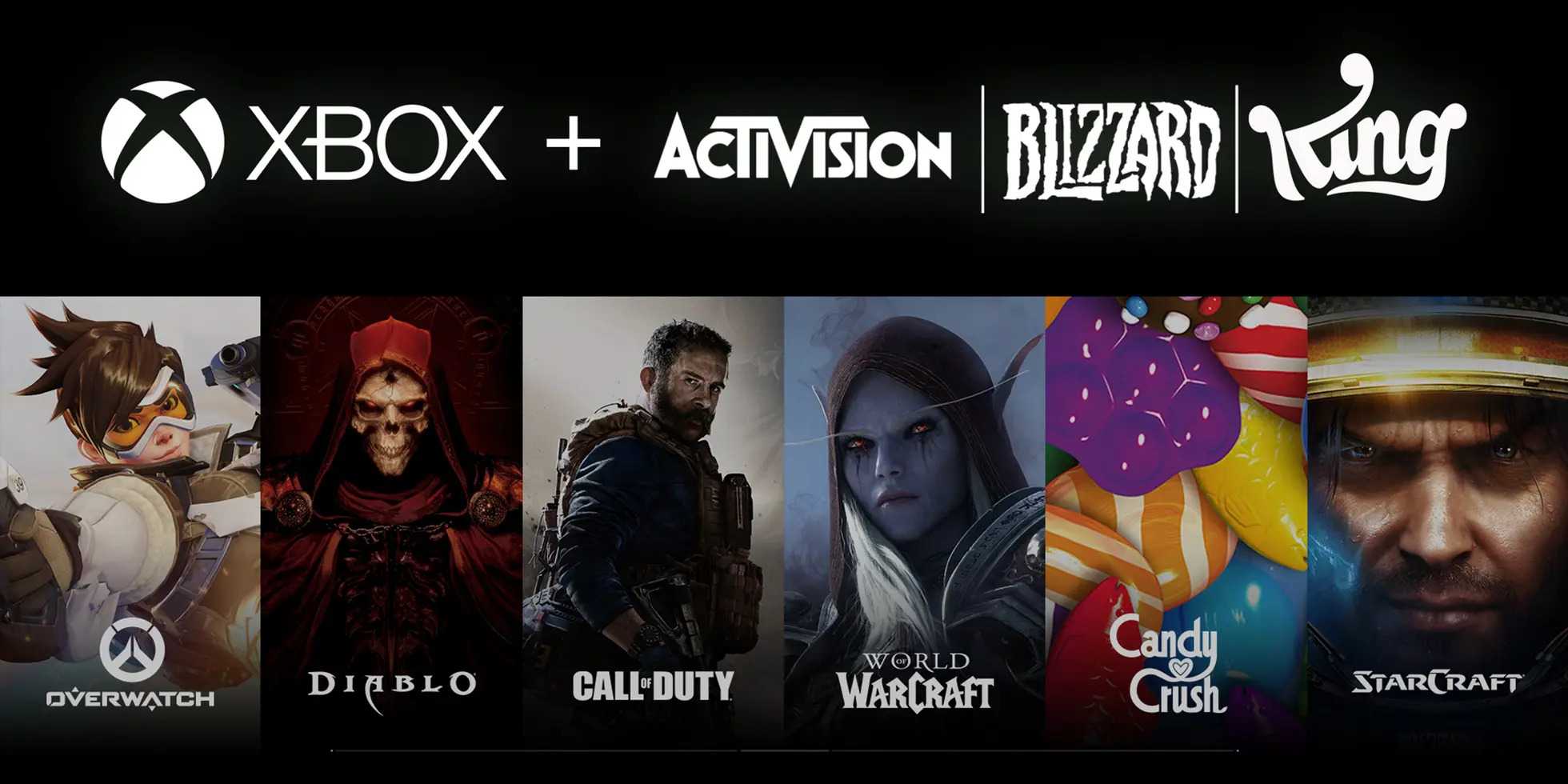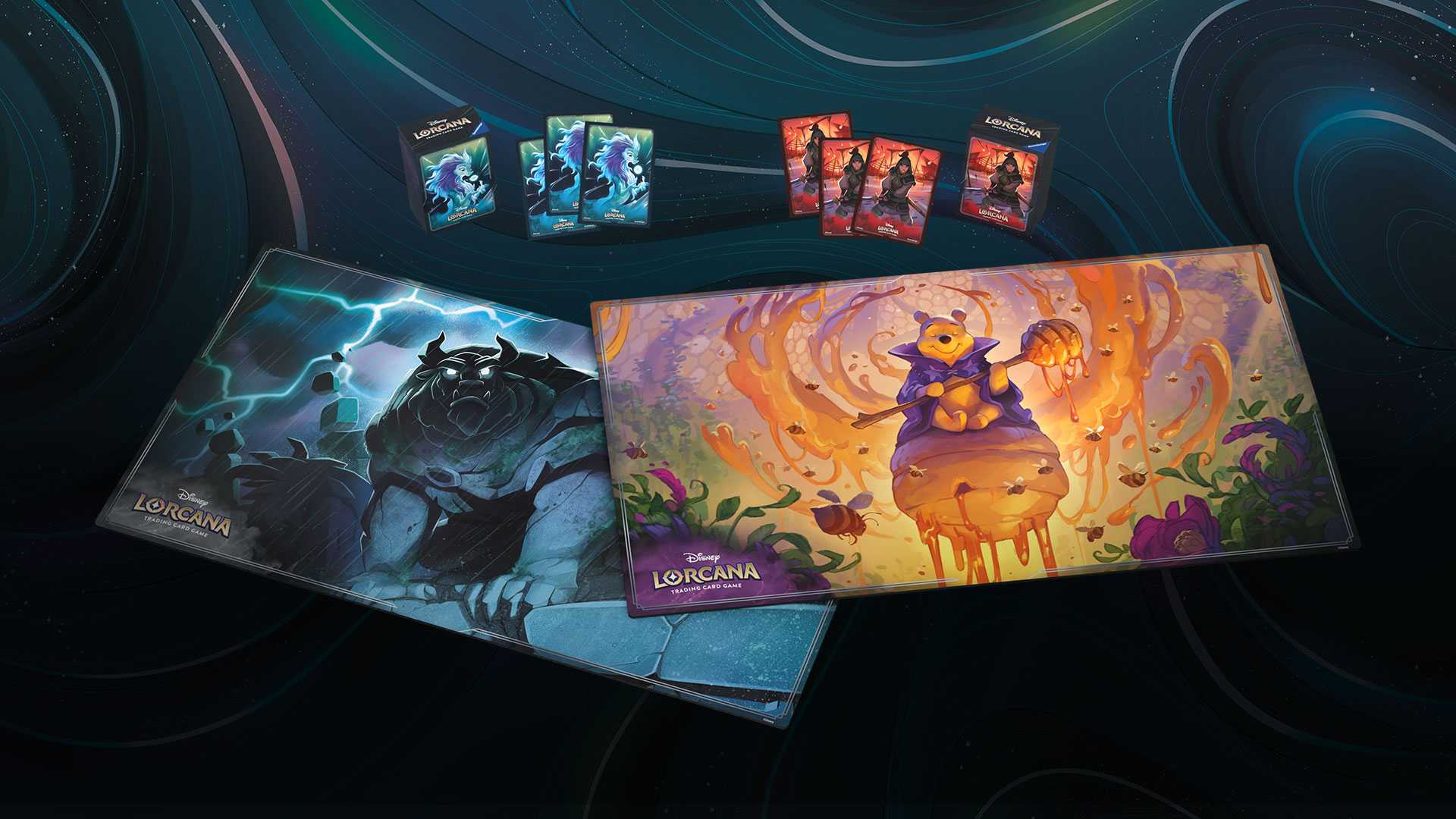If the vision for a truly interconnected, interoperable metaverse is going to one day be realized, a set of standards will be critical. Some of the biggest technology firms on the planet came together at the end of June to take a step in that direction with the official establishment of the Metaverse Standards Forum, which includes hundreds of members, including gaming-related companies such as Sony Interactive Entertainment, Microsoft, Epic Games, Unity, Meta (formerly Facebook), and Nvidia.
Other major principal members include Google, Adobe, Autodesk, Huawei, Verizon, and Qualcomm. Notably, Roblox, Niantic, Decentraland, and The Sandbox are not in the Forum, nor is Apple, which as Reuters points out has a history of being “heavily involved in creating web standards such as HTML5 in the past.” There is no cost for companies who wish to participate in the Forum.
The Forum is not looking to define a set of standards for the metaverse by itself, but instead states that it’s looking to “coordinate requirements and resources to foster the creation and evolution of standards within standards organizations working in relevant domains.” The Forum is effectively modeling itself after other standards groups such as the World Wide Web Consortium, the Open AR Cloud, the Khronos Group, the Open Geospatial Consortium, and Web3D Consortium – all of which are also participating in the Metaverse Standards Forum.
In current metaverse platforms like Roblox or Fortnite, users’ avatars and profiles are distinct and limited to those virtual spaces. In theory, once a set of standards is established, it should be possible for users to experience interoperability between numerous metaverse worlds and to move their avatars and personal data with them wherever they go.
Much of the nascent metaverse has been driven by gamers and gaming companies. According to Interpret’s New Media Measure®, over 80% of consumers aged 18-24 are aware of the metaverse with 25-35-year-olds reporting awareness nearly as high – demographic segments with a high concentration of gamers. In contrast, metaverse awareness drops linearly with older generations such as Gen X and Boomers.
For companies looking to learn more about the metaverse, Interpret recently published a report looking at the full metaverse ecosystem. Read more about Entertainment, Brands, and The Rise of the Metaverse here.
Ready to level up your career? Check out Interpret’s Careers page for current openings and join our squad of Fun Scientists!







